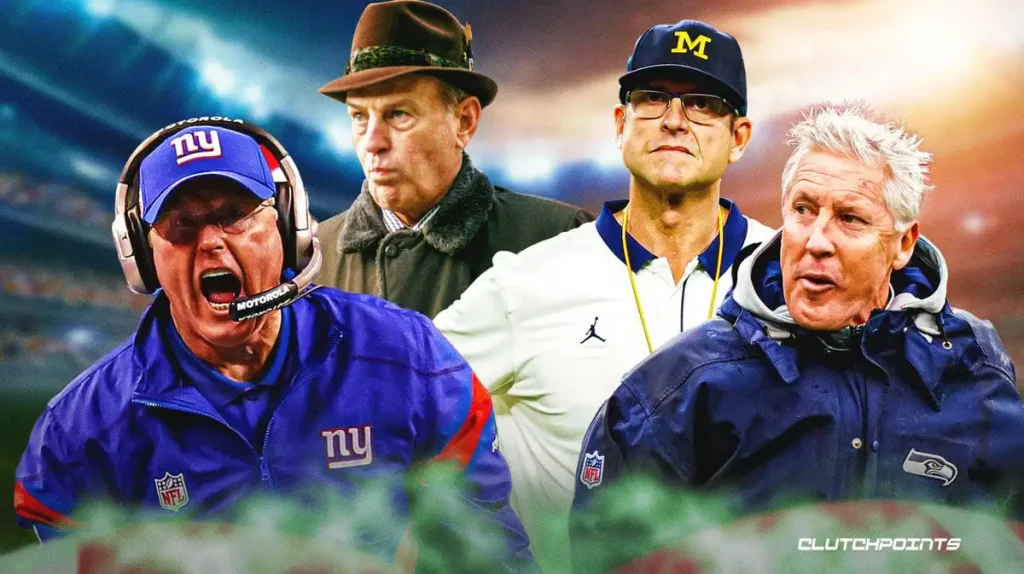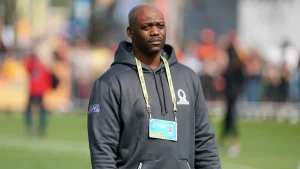
Rank’Em: Head coaches throughout the history of the Auburn tigers
Auburn University has a storied football tradition dating back to 1892. Over the years, the Tigers have seen many head coaches shape the program, from early pioneers to national championship winners. Here is a ranking of Auburn’s most notable head coaches based on their impact, success, and legacy.
1. Pat Dye (1981–1992)
Pat Dye is often credited with restoring Auburn to national prominence. Under his leadership, the Tigers won four SEC Championships (1983, 1987, 1988, 1989), and he was instrumental in moving the Iron Bowl to Auburn’s home stadium, Jordan-Hare. Dye’s teams were known for their toughness, and he coached legendary running back Bo Jackson. His impact on the program and Auburn’s football culture remains significant.
2. Shug Jordan (1951–1975)
Ralph “Shug” Jordan is the winningest coach in Auburn history, amassing a 176-83-6 record over 25 seasons. He led Auburn to its first national championship in 1957 and won an SEC title that same year. His longevity, consistency, and ability to keep Auburn competitive make him a legend in Tigers football history.
3. Gus Malzahn (2013–2020)
Gus Malzahn had an up-and-down tenure, but his immediate impact cannot be ignored. In his first season (2013), he led Auburn to an SEC Championship and a berth in the BCS National Championship Game, narrowly losing to Florida State. His innovative offensive schemes and victories over Alabama cemented his place as a significant figure in Auburn history.
4. Tommy Tuberville (1999–2008)
Tuberville’s tenure was defined by consistency and his dominance over Alabama. He led Auburn to an undefeated season in 2004, though the team was controversially left out of the BCS National Championship Game. His “Fear the Thumb” campaign, referencing five straight wins over Alabama, remains one of the most celebrated streaks in Auburn history.
5. Terry Bowden (1993–1998)
Bowden had an explosive start, leading Auburn to an undefeated season in 1993, though they were ineligible for postseason play due to NCAA sanctions from the Dye era. While his tenure declined in later years, his initial success was remarkable.
6. Gene Chizik (2009–2012)
Despite a short tenure, Chizik led Auburn to its second national championship in 2010, thanks largely to Heisman-winning quarterback Cam Newton. However, his success was fleeting, as Auburn fell to 3-9 just two years later, leading to his dismissal.
7. Mike Donahue (1904–1906, 1908–1922)
A coaching pioneer, Donahue helped establish Auburn as a football powerhouse in the early 20th century. He won two SIAA titles and was known for his strong defenses and disciplined teams.
8. John Heisman (1895–1899)
Before his name became synonymous with college football’s most prestigious award, John Heisman coached Auburn for five seasons. He helped develop the forward pass and brought a strategic edge to Auburn’s early football years.
9. Bill Oliver (Interim, 1998)
Though only an interim coach for part of the 1998 season, Oliver played a crucial role in stabilizing the program after Bowden’s departure.
10. Earl Brown (1948–1950)
One of Auburn’s least successful coaches, Brown struggled mightily, failing to post a winning season in his tenure. However, his tenure paved the way for Shug Jordan’s arrival and Auburn’s subsequent success.
Honorable Mentions:
- Doug Barfield (1976–1980): Struggled to maintain success but recruited key players who would thrive under Pat Dye.
- George Petrie (1892): Auburn’s first-ever head coach, who helped start the program.
- Barbee Blake (1900): A little-known coach but part of Auburn’s early football history.
Auburn’s football history is filled with legendary coaches who have made lasting contributions to the program. While Pat Dye and Shug Jordan remain the most influential, each coach on this list has played a role in shaping Auburn into the powerhouse it is today.





